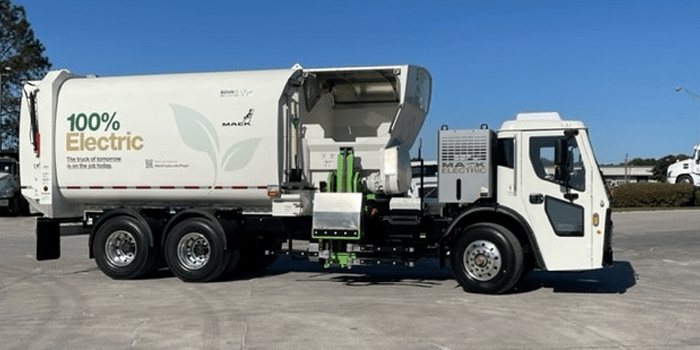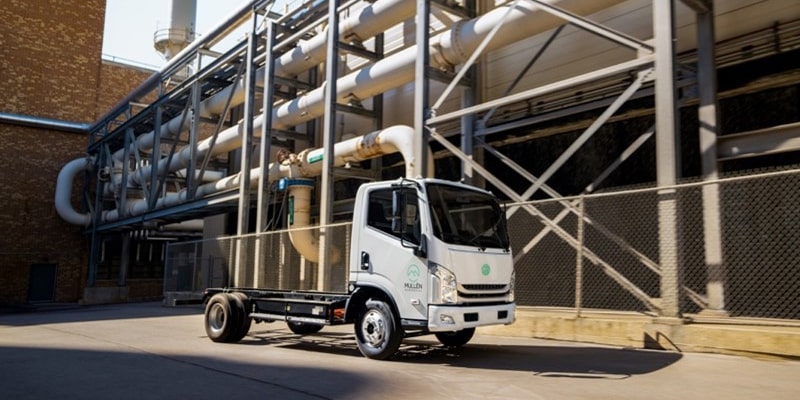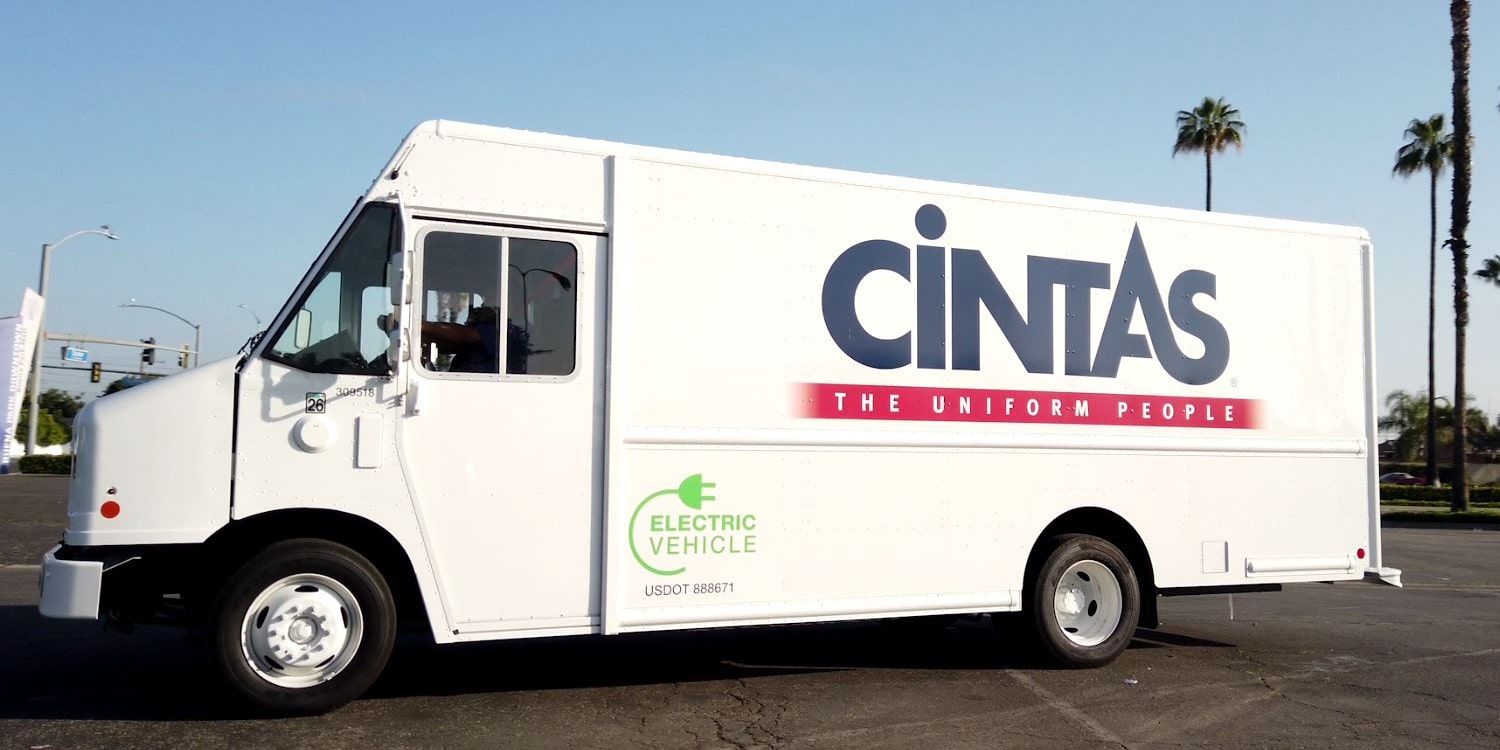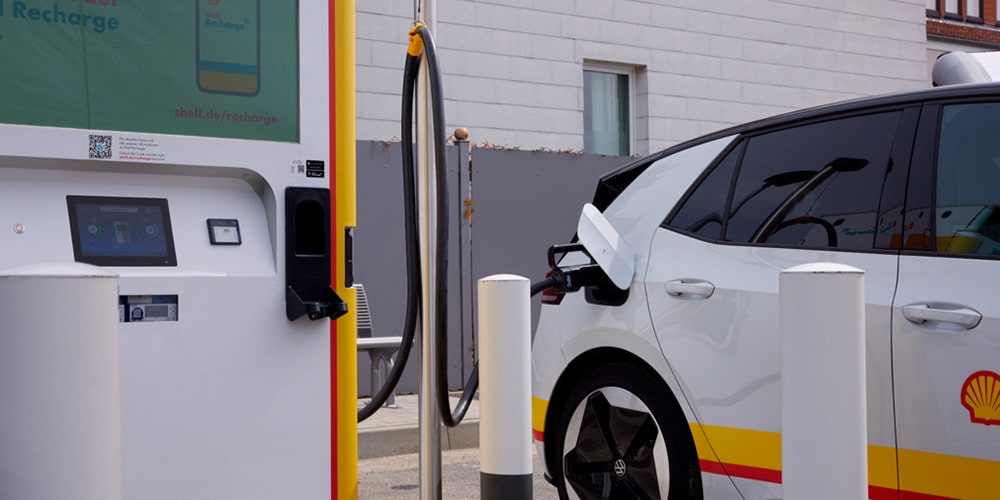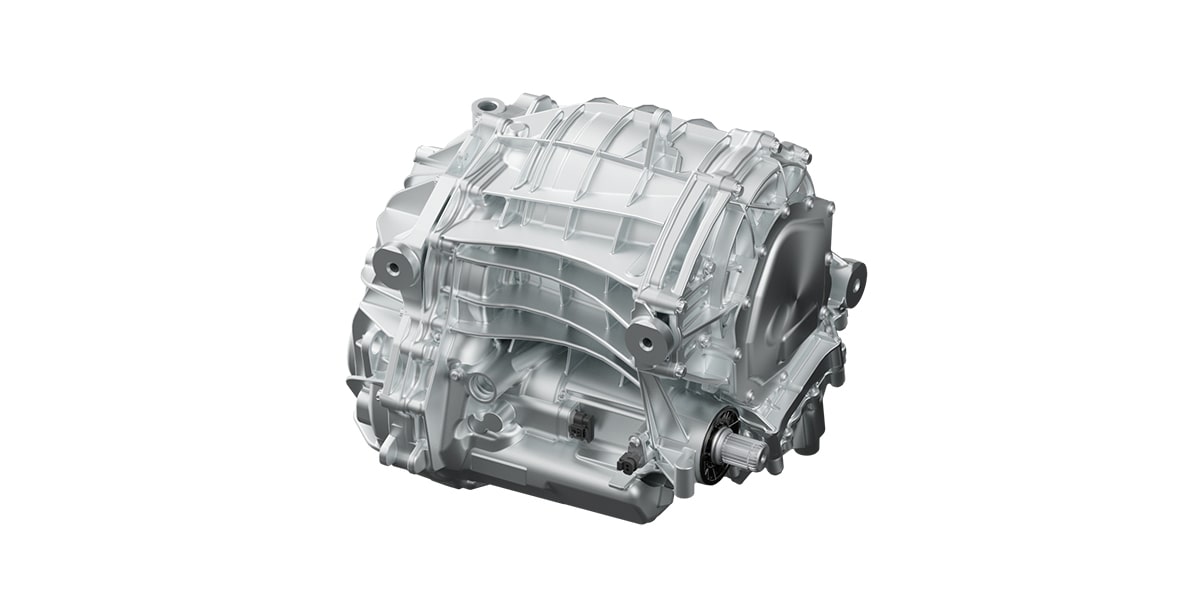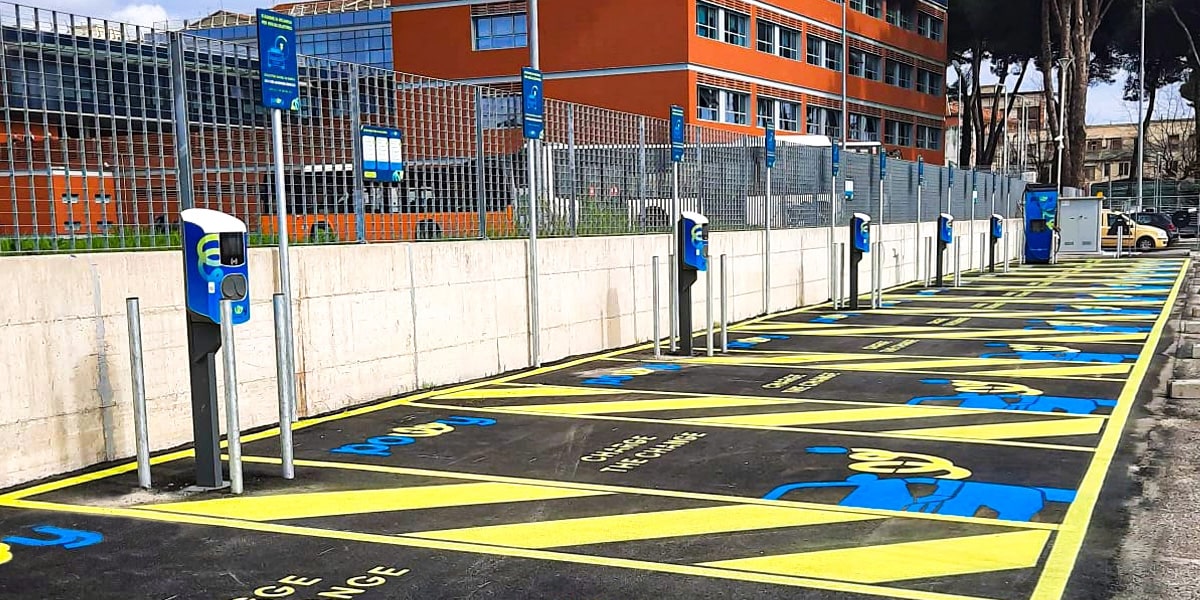The City of Chicago has launched a new initiative called ‘Chicago Electric’ to transition the city’s municipal fleet to electric vehicles by 2035. The move will require an investment of over $42M over five years and is part of the city’s efforts to reduce carbon emissions and promote sustainable practices.
Chicago maintains a fleet of 11,246 light, medium, and heavy-duty vehicles that employees use for waste management and recycling, emergency services, and operational services. The implementation of Chicago Electric is already underway, with the city planning to install over 190 charging stations citywide at municipal facilities.
As part of the initiative, the city plans to procure 182 electric vehicles in the first year, making up approximately 25% of the non-emergency light-duty fleet. To date, a total of 176 EVs have been leased or purchased, with the bulk to be delivered in the coming months.
The announcement comes just a week after the Biden-Harris administration and the Environmental Protection Agency proposed new federal vehicle emissions standards for cars and trucks. On a state level, California recently banned the sale of new combustion-based trucks in the state from 2036.
Mayor Lori E. Lightfoot said, “During my tenure as Mayor of Chicago, I have taken swift action to lower the City’s emissions and support new economic opportunities to bolster the green economy in Chicago and beyond. I am proud to align our goals with President Biden, the US EPA, and our partners in the public and private sectors and to make environmentally responsible choices that serve our city and our planet.
See also: New York City Mayor Announces Zero-Emissions Fleet Requirement for Uber and Lyft by 2030
The initiative was introduced by Deputy Mayor Samir Mayekar, Chief Sustainability Officer Angela Tovar, and Commissioner Sandra Blakemore of the Department of Assets, Information, and Services (AIS). With Chicago Electric, the city is setting an example for other municipalities to follow, demonstrating that sustainable practices can benefit both the environment and the economy.

